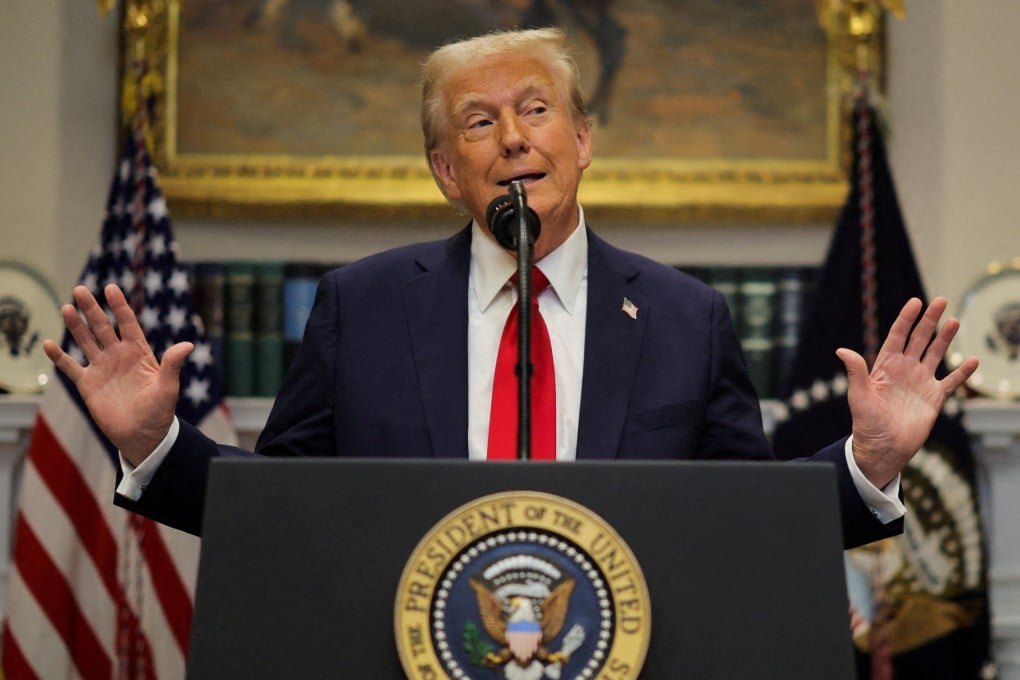My Take | Why old school foreign policy elites despise Donald Trump
A ‘rules-based’ international system dominated by the United States disguises a sprawling empire of sorts that does not speak its name

Many people had expected that the first order of business for Donald Trump would have been to toughen already severe tariffs on China, thus broadening the trade war he initiated and Joe Biden expanded.
But, upon his return to the White House, the president decided to go after two of his closest neighbours and allies – Canada and Mexico.
While holding off on issuing an executive order, he again accused both countries of letting in illegal migrants and drug smugglers, thereby creating the border crisis for the United States. Even if his accusations were true, his threatened tariffs of up to 25 per cent by February 1 look like a clear breach of the United States-Mexico-Canada Agreement (USMCA).
The trade pact was a renegotiated North American Free Trade Agreement (Nafta) which Trump unilaterally ripped up in his first term.
Meanwhile, Trump has threatened other long-standing pacts such as the North Atlantic Treaty Organization that have helped integrate other countries into the US-dominated universe – for ripping off Americans! Such defence treaties enable Washington to call the shots over the defence policies and military posture of its allies, including their commands, spending and use of military bases, which number in the hundreds around the world. It’s often claimed that maintaining so many military bases has been prohibitively expensive for the US, but it is surely cheaper than running colonies.
When it comes to control, trade treaties such as the USMCA typically contain an “Investor-State Dispute Settlement” (ISDS) that heavily favours the biggest multinationals, most of which are American. More than 3,300 such agreements have been concluded worldwide.
Pioneered in the Nafta pact in the 1990s, the mechanism allows companies and investors to take foreign governments to binding arbitration for pushing public-interest policies. Compensation usually involves unearned future profits for the corporate claimant.
